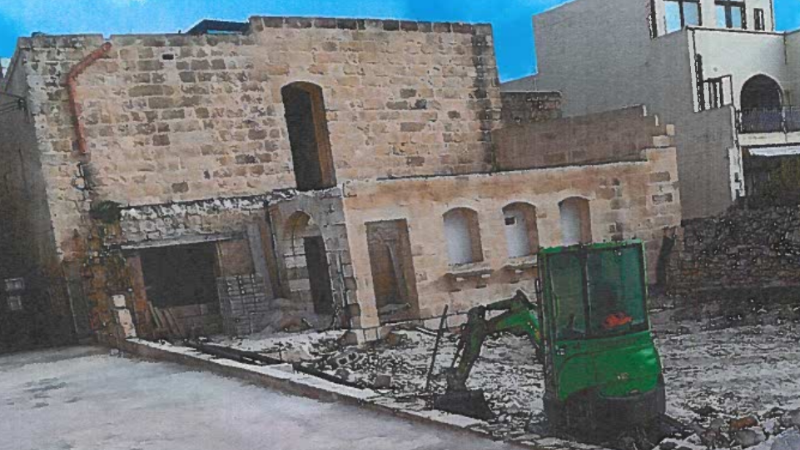Pilatus Bank whistleblower Maria Efimova said she will be filing a report with Greek police after claiming she had been threatened just after her former boss at the bank Ali Sadr was released on bail by a US court.
Without disclosing the nature of the threats she received, Efimova tweeted “Several hours he is out of jail and threats have already started. Going to file a report with Greek police right now.”
Ali Sadr was granted bail following his arrest in March when he was charged on several counts of breaching US sanctions against Iran as well as with bank fraud and money laundering.
https://twitter.com/MariaEfimova7/status/1001065766802862082
Last week, US prosecutors told the US court that Ali Sadr used dirty money to set up Pilatus Bank in 2013.
“Whatever assets remain after the bank is unwound by the Maltese authorities will be ‘significantly’ less than $12.9 million. But, more significantly, regardless of how much money the defendant ultimately receives, his equity in Pilatus Bank is forfeitable because it constitutes criminal proceeds directly linked to the Venezuela project – the defendant used money from the project (CHF 1 million (Swiss Francs) and €8 million) to establish and capitalize Pilatus Bank in 2013,” US district attorney Geoffrey Berman said.
Efimova, who is expecting the Greek Supreme Court’s final decision on her extradition to Malta, fled Malta last year after saying that she feared for her life and that of her family, including her elderly father in Moscow who she said was being intimidated by “dodgy people.”
She is a material witness in investigations on corruption and money laundering in Malta, involving Pilatus Bank and government members exposed by Panama Papers and Malta’s anti-money laundering agency, the FIAU.
Efimova testified in front of a magisterial inquiry into allegations that the Maltese Prime Minister Joseph Muscat’s wife was the owner of a Panama offshore company called Egrant Inc, which declaration of trust the whistleblower says she had seen while working at Pilatus Bank.
Efimova’s claims about Pilatus Bank were first reported by journalist Daphne Caruana Galizia, who was killed by a car bomb on 16 October 2017.
In the run-up to last year’s general election, Caruana Galizia published Efimova’s account, which included details about an alleged $1 million transfer to Egrant from Azerbaijan’s ruling family. The allegations have been denied by Pilatus Bank and Muscat but a magisterial inquiry is still ongoing.
The European Parliament, alarmed by the Maltese journalist’s assassination, asked European Union member states, including Malta, to protect Efimova and grant her asylum as she had been harassed and forced to leave Malta.












